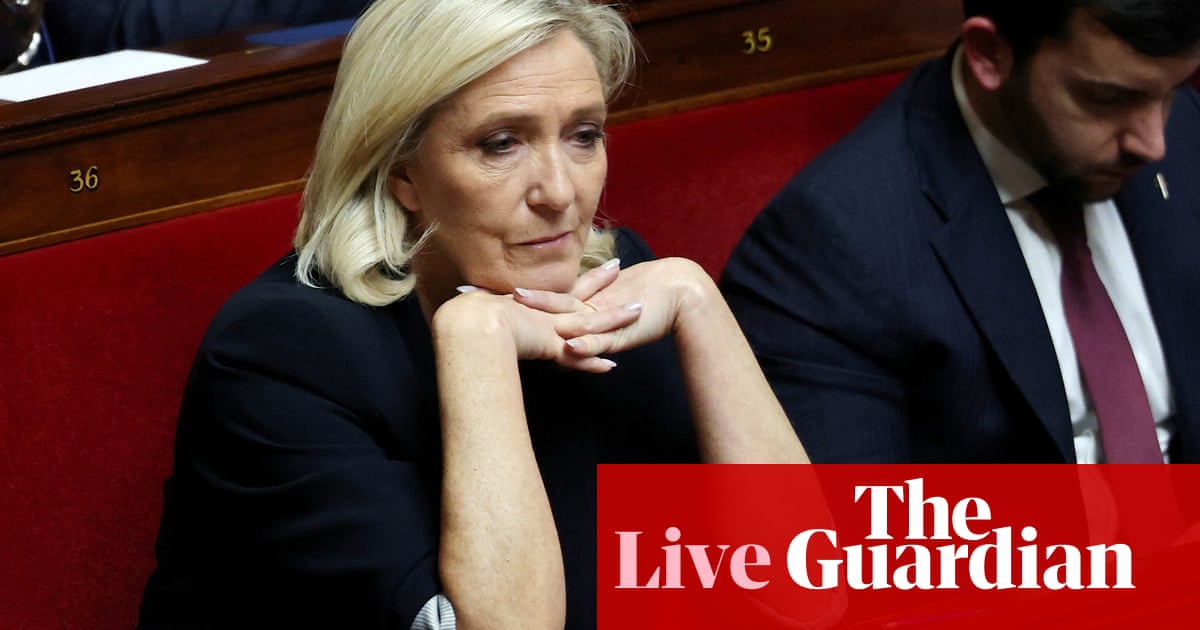For the world’s already embattled trading system, it is as though an asteroid has crashed into the planet, devastating everyone and everything that previously existed there. But there is this important difference. If an asteroid struck the Earth, the impact would at least have been caused by ungovernable cosmic forces. The assault on world trade, by contrast, is a completely deliberate act of choice, taken by one man and one nation.
Donald Trump’s decision to impose tariffs on every country in the world is a monstrous and momentous act of folly. Unilateral and unjustified, it was expressed on Wednesday in indefensible language in which Mr Trump described US allies as “cheaters” and “scavengers” who “looted”, “raped” and “pillaged” the US. Many of the calculations on which Mr Trump doled out his punishments are perverse, not least the exclusion of Russia from the condemned list. The tariffs mean prices are certain to rise in sector after sector, in the US and elsewhere, fuelling inflation and perhaps recession. Mr Trump will presumably respond as he did when asked about foreign cars becoming more expensive: “I couldn’t care less.”
The tariffs – a minimum of 10% on all imports to the US, with higher levies on 60 nations that Mr Trump dubbed the “worst offenders” – throw a grenade into the rules-based global trading order. These are large hikes, not small ones, even for nations like Britain that have escaped the higher tariffs. They are indiscriminate between sectors, but highly discriminatory against nations, all of them, even to the extent of penalising uninhabited islands in Antarctica.
They overturn the trading system established – under US leadership – at Bretton Woods after the second world war. In effect, the nation that has underpinned the global economy for the last 80 years has expelled itself from the trading system it always led. That system’s cardinal principle – that countries in the World Trade Organization should treat one another equally – was blown apart on Wednesday.
The announcement ceremony conveyed the thrill Mr Trump derives from bullying and domination. A month after shutting down US development aid, his punishment list embodies special contempt for the world’s poor – 47% tariffs on Madagascar, the world’s ninth poorest country, for instance, or 44% on devastated Myanmar. While much pre-announcement rhetoric was directed at China, some of the toughest tariffs have been inflicted on countries such as Cambodia, Vietnam, Thailand and Laos. The impact on US soft power is likely to be devastating.
The British government is trying to keep calm and carry on. Like its trustworthy trading allies, Britain must do what it can to maintain the rules-based trading system. But economic war is clearly beckoning. The trade secretary, Jonathan Reynolds, said on Thursday that even the UK is now preparing a list of reciprocal tariffs on US goods. It is particularly vital that Britain defends its interests in food and health systems, and against digital tech giants.
Any idea that Britain is a kind of winner in these circumstances, thanks to Brexit, is nonsensical. This country’s supposedly closest ally, the US, has just hiked the cost to British exporters by 10%, with an even greater rise of 25% in the case of steel, aluminium and cars. The consequences of Mr Trump’s tariffs will not be restricted to world trade but will impact on the global economic system more generally. This is a macro moment. It will require macro responses.
-
Do you have an opinion on the issues raised in this article? If you would like to submit a response of up to 300 words by email to be considered for publication in our letters section, please click here.

.png) 17 hours ago
5
17 hours ago
5













































